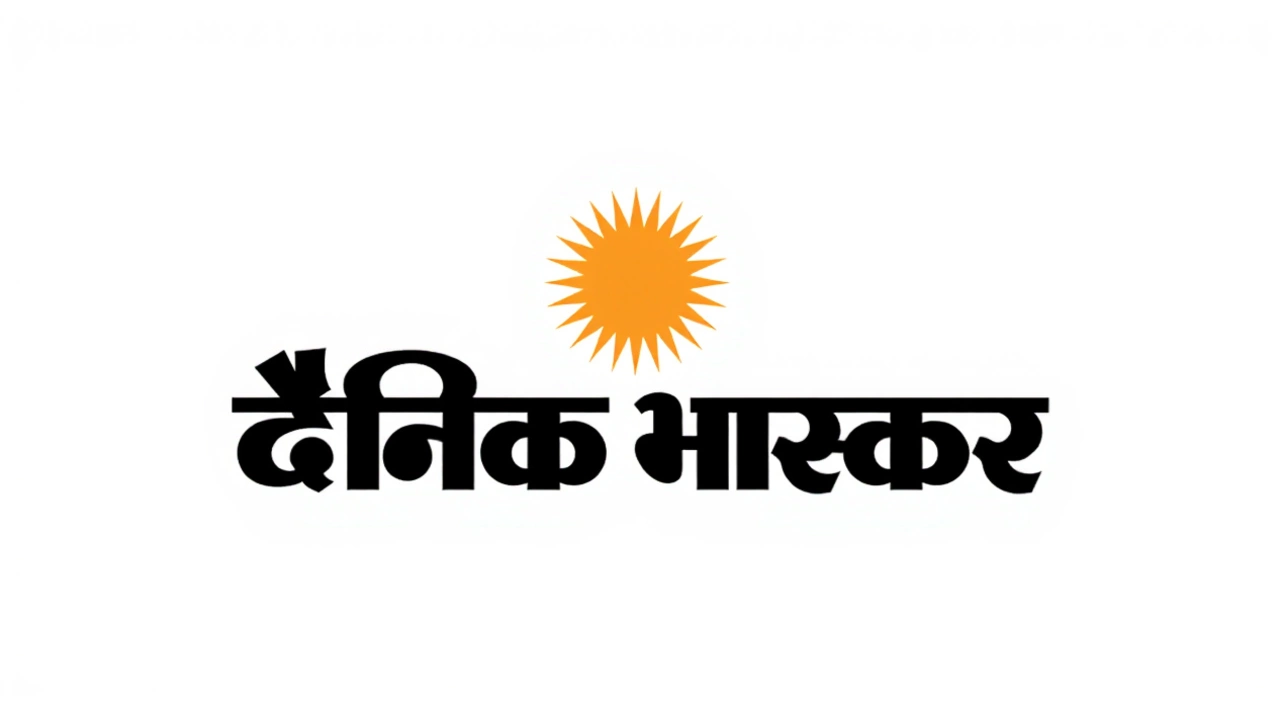SSC CGL 2014 Prep – All You Need to Crack the Exam
Welcome! If you’re aiming for a good rank in the 2014 SSC Combined Graduate Level exam, you’re in the right spot. Here you’ll find concise notes, practice sets and shortcuts that save time.
Why Our Materials Work
Our notes focus on the latest syllabus, key formulas and shortcut methods. Each topic is broken down into bite‑size sections so you can review fast before the test. The practice papers mimic the real exam pattern, giving you a feel of the actual timing and question style.
How to Use This Site
Start with the “Core Topics” list, read the short explanations, then jump to the related quiz. Track your scores with the built‑in calculator and revisit weak areas. Need a quick refresher? Use the downloadable PDFs to study offline.
Join the community, ask questions in the forum, and share your progress. With regular practice and the right strategy, you’ll boost confidence and improve your chances of a top rank.
Apple MacBook Air M4 slashes price to Rs 55,911 in Croma Black Friday deal
Croma's Black Friday sale slashes the Apple MacBook Air M4 to Rs 55,911 in India, combining student discounts, cashback, and trade-in bonuses — one of the largest price drops ever seen for the premium laptop in the country.
View MoreGTA VI Launches November 19, 2026—Second Delay Confirmed
Grand Theft Auto VI will launch November 19, 2026, after its second delay from May 2026. Rockstar Games and Take-Two Interactive CEO Strauss Zelnick cite fiscal strategy and holiday sales as key reasons, amid unprecedented fan demand.
View MoreSmriti Mandhana’s Wedding Postponed After Father’s Heart Attack on Wedding Day
Smriti Mandhana's wedding to Palash Muchhal was postponed indefinitely after her father suffered a heart attack on November 23, 2025, in Sangli, Maharashtra. The Indian cricket star's family prioritized health over celebration amid emotional turmoil.
View MoreMushfiqur Rahim Makes History With Century in 100th Test Match
Mushfiqur Rahim became the first Bangladeshi to play 100 Tests and joined an elite club of just 11 batsmen in 148 years of Test cricket to score a century in that milestone match, cementing his legacy on November 20, 2025, in Dhaka.
View MoreSun Transit 2025: Vedic Astrology Dates & Effects for Zodiac
Vedic astrologers outline 2025 Sun transits from Aries to Cancer, detailing dates and impacts for each zodiac sign, with insights from Chirag Daruwalla.
View MoreAustralia Tops ICC World Test Championship After Pakistan Upset South Africa, India Slides
Pakistan's win over South Africa reshuffles the ICC World Test Championship, lifting Australia to the top while India slips despite holding the most points.
View MoreRoss Taylor Returns, Switches Allegiance to Samoa for T20 Qualifier
Ross Taylor ends retirement to debut for Samoa, aiming to boost the Pacific nation's T20 World Cup hopes in Oman qualifier.
View MoreTowhid Hridoy’s Half-Century Sparks Bangladesh Hope Ahead of India Clash
Towhid Hridoy’s 58‑run knock against Sri Lanka lifted Bangladesh in the Asia Cup Super Four stage. The innings revived talk of his role when Bangladesh faces India, a match where the sixth wicket could decide the outcome. This piece looks at Hridoy’s form, the team’s recent surge, and what to expect in the upcoming showdown.
View MoreAsia Cup 2025: India rout UAE by 9 wickets in 4.3 overs as records fall in Dubai
India crushed UAE by 9 wickets in Dubai, chasing 58 in just 4.3 overs as records tumbled in the Asia Cup 2025 opener. UAE were skittled for 57, their lowest T20I total and the lowest by any team against India. Kuldeep Yadav took 4/7 with three in one over, while Shivam Dube grabbed three. India won with 93 balls to spare—their biggest margin by balls remaining in T20Is.
View More








